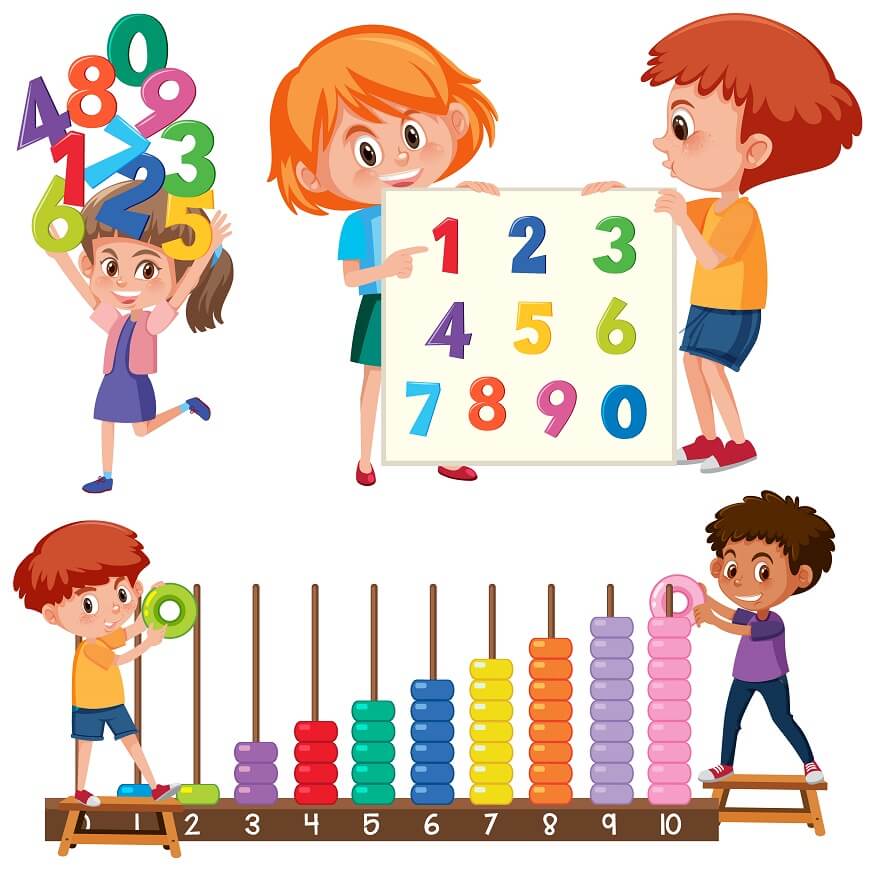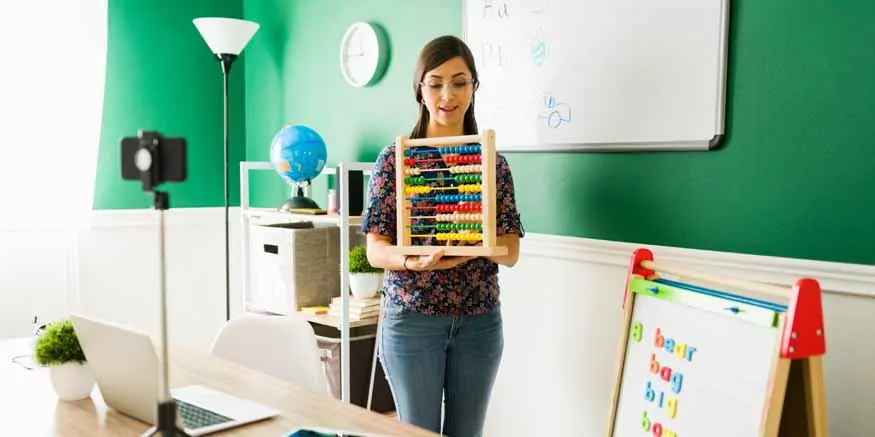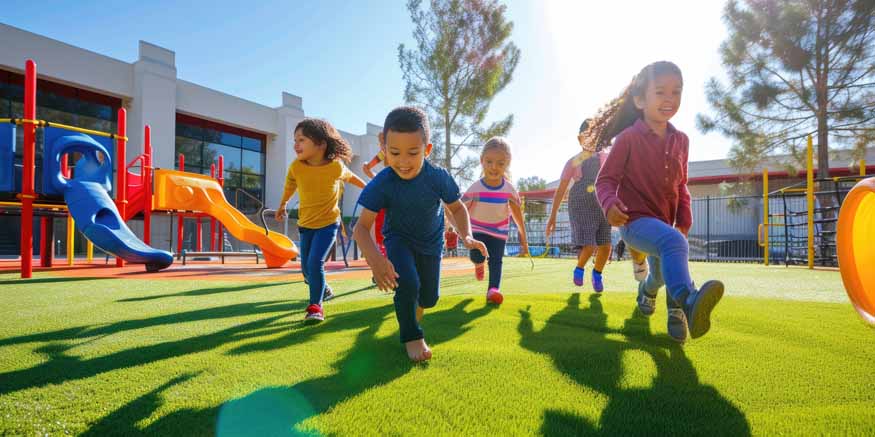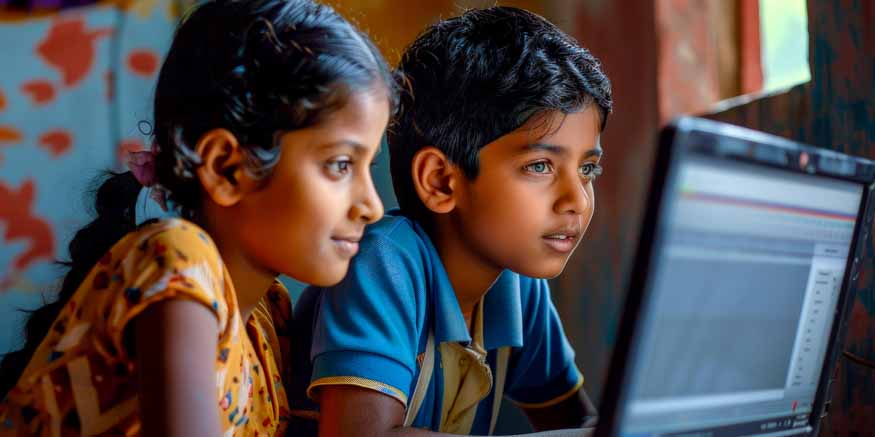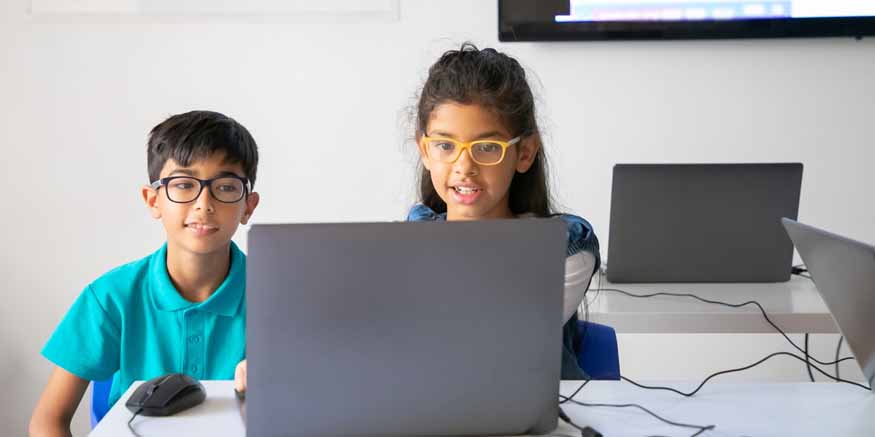Everyone knows that math teaches effective ways to build mental discipline as well as encourage logical reasoning. Additionally, the knowledge of math is important as it plays a vital role in understanding the content of other subjects such as science, social studies, and even music and art. Math helps to understand different patterns, it helps to quantify relationships, as well as predict the future. It also helps to understand the world. Everyday math shows different and important connections and possibilities with the world.
Math enforces children to slow down, and analyze a problem, as well as devise a logical solution. It also encourages children to consider different approaches to problems by thinking outside the box. Thus, helping a child to develop multiple and essential skills that are needed to succeed in school and in life otherwise. Hence today we will discuss improving numeracy skills, especially for the little ones in primary schools.
Numeracy skills meaning
One may want to know the meaning of numeracy skills. Well, numeracy means being able to apply and understand how math is used in the real world to make the best possible decisions. It is as much about thinking and reasoning as about ‘doing sums’. Numeracy means being able to interpret data, charts, and diagrams and process information.
Numeracy refers to working with numbers, which include the use of formulas such as division, and multiplication, percentages, and ratios. Numeracy skills are inclusive of counting and comprehending numeric values, deciphering numerical problems, making estimations, conducting measurements and sorting tasks as well as recognizing patterns and performing simple arithmetic operations. Well, that was numeracy skills meaning in a nutshell for you.
Numeracy skills meaning is much more than just about using and being able to understand numbers in a range of situations, such as while making decisions or solving problems in situations involving numbers. Numeracy is vital for individuals to develop reasoning strategies and logical thinking in simple everyday activities. Humans need numeracy to solve problems and make sense of patterns, shapes, numbers, and time, for any activity such as cooking, reading instructions, reading receipts, and even playing a sport.
Numeracy is necessary for everyday living. From daily activities like going on a jog, telling the time, cooking and setting the table to more difficult tasks such as understanding mobile phone plans, planning a vacation, reading a map and understanding any form of timetables. Numeracy refers to an individual’s ability to understand quantitative issues and analyze quantitative data.
Tips for teaching numeracy skills
Mentioned below are some strategies and ways for effectively teaching numeracy to kids in primary school.
- Use hands-on learning methods.
- Incorporate visuals.
- Integrate math games into math lessons.
- Connect math concepts to everyday life.
- Allow students to explain their reasoning.
- Give frequent feedback and direction.
- Reward progress.
- Personalize lessons.
- Encourage teamwork.
- Allow lessons to build on previous knowledge.
Here are strategies to improve numeracy skills:
- Do the math.
- Be consistent.
- Present only the most necessary information, but enough to be fully understood.
- Be visual and use images or shapes to reflect the meaning of the numbers.
- Be aware of how you present or describe a risk.
- Check-in early and often.
- Relate words and numbers to provide a complete understanding.
Those were some tips on improving numeracy skills and you could find many more such numeracy examples on the internet.
FAQs
Let us look at some frequently asked questions:
Q1. What are the five stages of numeracy?
A1. The stages of learning early numeracy concepts include figurative, counting on, emergent, perceptual, and facile.
Q2. What are early numeracy skills?
A2. Learning to count, identify numbers, and compare and manipulate quantities are key early numeracy skills.
Q3. Why are numeracy skills good?
A3. We as parents need to help our children learn to consider good numeracy as essential just as patients understand health information and citizens try to make sense of statistics and economic news. To make the best choices, we need to be numerate because decisions in life are often based on numerical information.
Q4. What is the difference between mathematics and numeracy?
A4. Numeracy is basically the ability to grasp the concepts of math and deal with quantities and other similar situations in our daily lives. Math involves space, and concepts that correlate to different objects and their qualities.
Also Read: What is mental math? Mental math for all ages
Numeracy examples
Mentioned below are some numeracy skills examples:
Numeracy is the ability where one can recognize and apply math concepts in all areas of life. Numeracy skills must include thoroughly understanding numbers, counting, and solving problems with numbers. It involves measuring, estimating, sorting, noticing patterns, and performing addition and subtraction, which are common requirements. Numeracy is necessary for everyday living, for simple things such as going on a trip, reading maps, understanding complex plans, making calculative decisions and so on.
Here are some main numeracy skills that you may regularly use in a professional environment. These are strong numeracy skills examples:
- Basic knowledge of numbers.
- Calculation skills.
- Budgeting.
- Interpreting mathematical information.
- Understanding the relationship between numbers.
- Understanding trends.
- Measurement and data analysis.
Numeracy gives us the ability to work with numbers. Now that we know so much about numeracy skills one may wonder how you can describe numeracy skills: Here are some numeracy examples and strong numeracy skills used very often:
- Being well-versed with numbers.
- Being knowledgeable with numbers and figures.
- Being able to interpret math information.
- Being able to remember formulas.
Also Read: What are Cardinal Numbers? Definition, List, Example
At EuroSchool, we want students to understand that we do the thinking with numbers, and it is much needed in our day-to-day life. Numbers tell us which medication to take, what policy to support, and why one course of action is better than another. Any idea put forward these days without numbers is a non-starter. We all know very well that by now, numbers surround us. In fact, as humans, we all are just a number somewhere in the system.
Hence, we focus on early numeracy, which refers to teaching mathematics and numeracy to children in the early years. This includes a nursery, pre-school, and reception or the foundation stage. Children learn the basics of mathematics to develop the building blocks needed to excel in the years to come.

